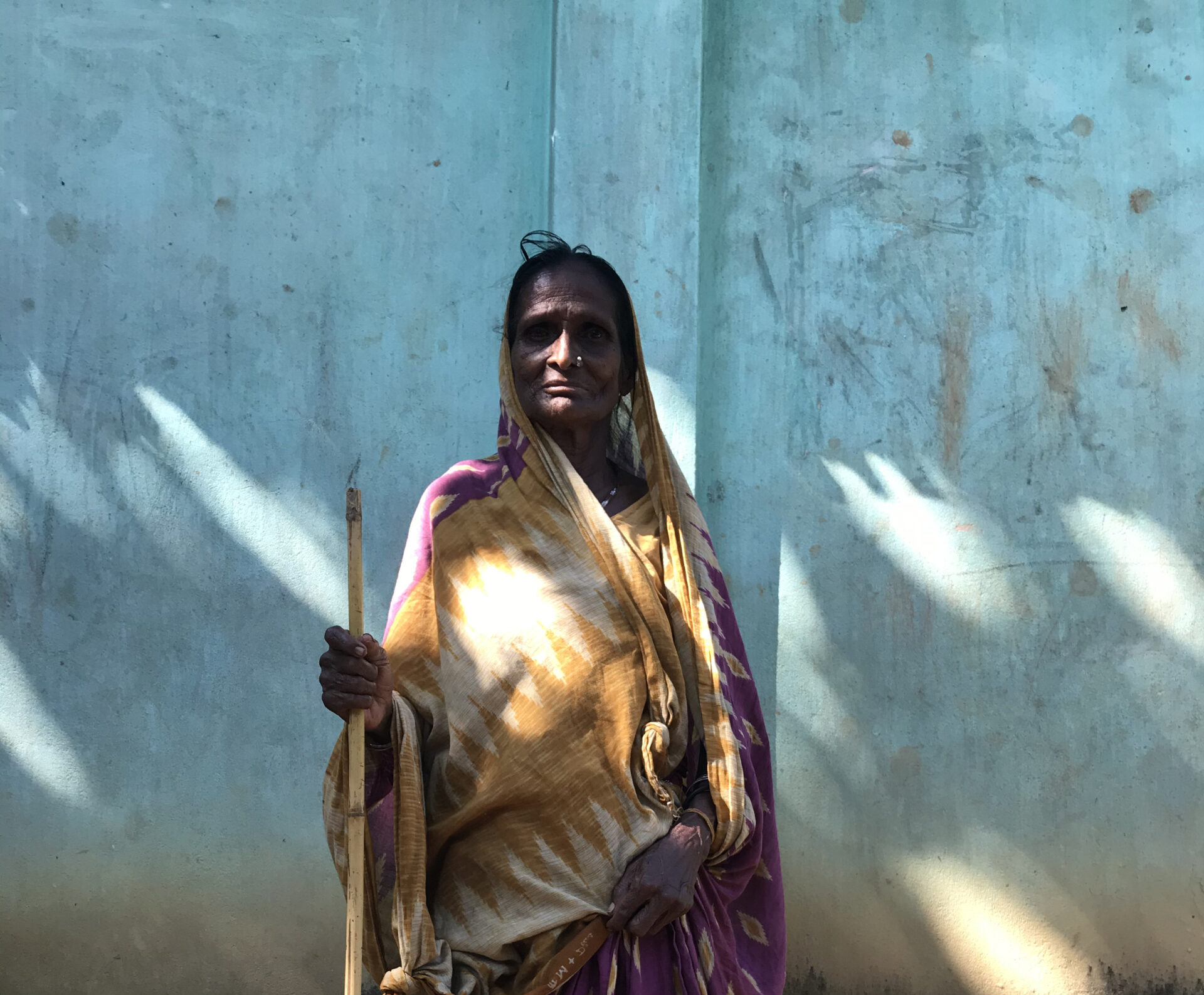The Flavour Bangladeshi Tea Hides Tales of Slavery
Marginalisation drives the modern day slavery within Bangladesh's tea industry where Dalit and tribal workers have no alternative to working under highly exploitative conditions.
“Bangabandhu provided the tea workers rights to vote, citizenship, and it cannot be that they remain landless. I will definitely provide them the land rights.”
Thus spoke the Prime Minister of Bangladesh, Sheikh Hasina in early September 2022 after her representatives had “successfully” brokered an agreement between workers of 167 tea plantations and the Tea Garden Owners Association. The workers in the tea gardens are of Dalit and Tribal (or indigenous) backgrounds who have faced discrimination historically. The Dalits are Hindu outcasts or untouchables marginalised over centuries. Generations of discrimination has meant that their livelihoods are limited to labour work in the tea gardens.
The workers had struck work demanding a wage of Bangladeshi Taka 300. But the wages have been increased by a mere 50 Bangladeshi Takas – from 120 to 170 Bangladeshi Takas. The newly settled wages ensure that Bangladesh's tea workers will continue to live well below the international extreme poverty line of US$1.90 a day. (170 Bangladeshi Taka translates to US$ 1.62.)
Unhappy with the meagre increase in their wages, Dalit women workers cite the example of Bangladeshi farm workers or entry-level garment factory workers who get 300-500 Taka for a day's work. For a reference, salt sells at about 38 Bangladeshi Takas a packet.
The tea garden owners' association argued they were providing tea workers with other benefits like housing and medicine. But workers say that they or their parents or grandparents before them built the homes and many of these homes are in a state of disrepair for want of money. Many tea estate owners even deduct a rent from the workers' wages – as much as 77 Takas a month.
Tea garden owners also claim that they provide medicines – but workers say that the only medicine they have access to is paracetamol. The schools the tea garden owners claim to provide are understaffed – often with just one teacher for five classrooms.
Needless to say, the tea garden owners are influential and many estate owners have connections with the ruling Awami League party.
Marginalisation drives the modern day slavery within Bangladesh's tea industry. The workers are descendants of Santhali tribal migrants from colonial India and have no alternative to working under highly exploitative conditions in the tea industry.
They are estimated to number over 100,000, working long hours for low wages, inadequate accommodation, limited education and poor healthcare facilities.
The payment system in the tea gardens (particularly for leaf pickers) promotes modern slavery: workers must achieve daily targets (typically 23 kg); else bear wage cuts – resultantly working for longer hours or dragging along their children. They work for at least eight hours a day with an hour's break for lunch – but they are even forced to work two consecutive shifts in peak seasons – at times for no extra wages.
Labour researchers have documented the lives of tea garden workers and the tales are a litany of hunger. A 2016 ILO study says that tea-estate workers are among the lowest paid workers, over 64 per cent of whom are women. The report, ‘A Study Report on Working Conditions of Tea Plantation Workers in Bangladesh' speaks of the poverty, malnutrition and illiteracy among tea garden workers.


